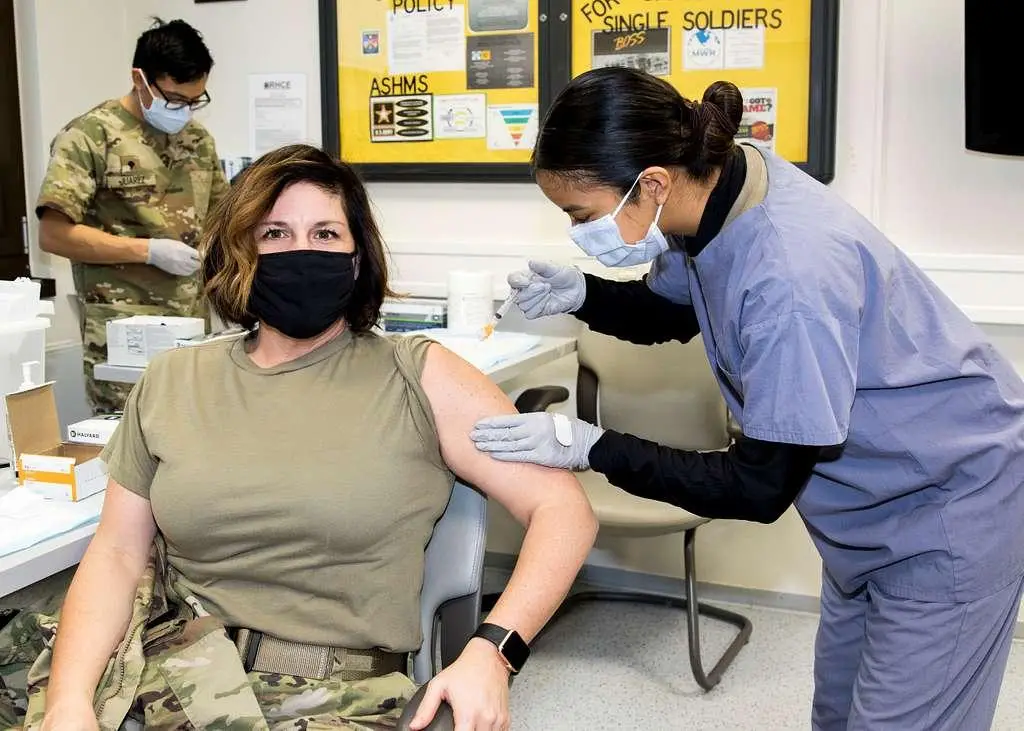In a world filled with fast food temptations and late-night study sessions, maintaining a healthy lifestyle as a student can feel like an uphill battle. However, with the right guidance and motivation, it is possible to prioritize your health and fitness even amidst a busy academic schedule. This article will explore a variety of health and fitness tips specifically tailored for students, helping you navigate the challenges of college life while still taking care of your body and mind. So grab your water bottle and yoga mat, and let’s dive into the world of student wellness!
– Importance of Incorporating Exercise into Student Daily Routine

Students lead busy lives, with jam-packed schedules and academic pressures that can often push exercise to the bottom of the priority list. However, incorporating regular physical activity into a student’s daily routine is crucial for their overall health and well-being. Here are a few reasons why exercise should be a non-negotiable part of every student’s day:
- Improved cognitive function: Research has shown that regular exercise can help improve memory, concentration, and overall brain function, which can lead to better academic performance.
- Stress reduction: Exercise is a great way to blow off steam and release endorphins, which can help reduce stress and anxiety levels. This can be especially beneficial for students juggling multiple assignments and deadlines.
- Physical health: Regular physical activity helps maintain a healthy weight, strengthen muscles and bones, and reduce the risk of developing chronic diseases such as diabetes and heart disease.
| Exercise Type | Recommended Frequency |
| Cardiovascular activities (e.g., running, swimming, cycling) | 3-5 times a week |
| Strength training (e.g., weightlifting, bodyweight exercises) | 2-3 times a week |
Even incorporating short bursts of physical activity throughout the day, such as taking the stairs instead of the elevator or going for a brisk walk during study breaks, can make a difference in a student’s overall health. So, whether it’s joining a sports team, hitting the gym, or even practicing yoga in their dorm room, students should make exercise a priority in their daily routine.
– Effective Strategies for Maintaining a Balanced Diet on Campus

Maintaining a balanced diet while on campus can be challenging, but with some effective strategies, it is definitely achievable. Here are a few tips to help you stay on track with your health and fitness goals:
- Plan Ahead: One of the best ways to ensure you are eating well on campus is to plan your meals in advance. Take some time at the beginning of the week to meal prep and pack healthy snacks like fruits, nuts, and yogurt to have on hand throughout the day.
- Explore Your Options: Most college campuses offer a variety of dining options, including salad bars, sandwich stations, and stir-fry counters. Take advantage of these healthier choices and don’t be afraid to ask for customization to suit your dietary needs.
- Stay Hydrated: It’s easy to forget to drink enough water during a busy day of classes, but staying hydrated is crucial for overall health. Carry a reusable water bottle with you and aim to drink at least 8 cups of water per day.
- Practice Moderation: College is a time for fun and exploration, and that includes trying new foods and treats. It’s okay to indulge occasionally, but try to practice moderation and balance out indulgent meals with healthier choices throughout the day.
When you prioritize your health and make mindful choices about what you eat, you’ll not only feel better physically but also mentally. Remember to listen to your body and give it the nourishment it needs to thrive during your time on campus.
– Mental Health Resources and Tips for University Students

It’s important for university students to prioritize their mental health and well-being while navigating the challenges of higher education. Here are some resources and tips to help you maintain a healthy mindset:
- Take breaks: Remember to take regular breaks from studying to relax and recharge.
- Stay connected: Reach out to your friends, family, or a counselor for support when you need it.
- Practice self-care: Make time for activities that make you feel good, whether it’s exercising, meditating, or simply taking a nap.
Additionally, here are some mental health resources that you can utilize as a university student:
- Counseling services: Most universities offer counseling services for students dealing with mental health concerns. Don’t hesitate to reach out for help.
- Support groups: Joining a support group can provide you with a sense of community and understanding during difficult times.
| Resource | Contact |
|---|---|
| Campus Counseling Center | (555) 123-4567 |
| Mental Health Hotline | 1-800-123-4567 |
– Creating a Sustainable Fitness Plan as a Busy Student

In today’s fast-paced world, it can be challenging for busy students to find time for health and fitness. However, creating a sustainable fitness plan is essential for maintaining a healthy lifestyle. By incorporating exercise and proper nutrition into your daily routine, you can improve your overall well-being and boost your energy levels.
One way to create a sustainable fitness plan as a busy student is to prioritize your workouts. Schedule specific times each week for exercise, whether it’s going for a run, attending a fitness class, or hitting the gym. Make sure to choose activities that you enjoy, so you’re more likely to stick with them long-term.
Additionally, focus on incorporating healthy habits into your daily life. This includes eating a balanced diet filled with fruits, vegetables, lean proteins, and whole grains. Stay hydrated by drinking plenty of water throughout the day, and aim to get at least 7-8 hours of sleep each night to support your overall health.
Remember, it’s important to listen to your body and give yourself grace on days when you may not be able to stick to your fitness plan. The key is to find a balance that works for you and make small, sustainable changes over time. By prioritizing your health and wellness, you can create a sustainable fitness plan that fits into your busy student lifestyle.
Q&A
Q: Why is it important for students to read health and fitness articles?
A: Reading health and fitness articles can provide students with valuable information on how to lead a healthy lifestyle and stay physically active.
Q: What are some key topics discussed in health and fitness articles for students?
A: Topics often include nutrition, exercise routines, mental health tips, healthy sleep habits, and stress management techniques.
Q: How can students incorporate the advice from these articles into their daily lives?
A: Students can start by implementing small changes, such as adding more fruits and vegetables to their diet, setting aside time for regular exercise, and finding ways to relax and de-stress.
Q: Are there any specific health concerns that students should be aware of?
A: Yes, students should be mindful of issues like poor posture from sitting for long periods, increased screen time leading to eye strain, and the importance of staying hydrated and getting enough sleep.
Q: Where can students find reliable health and fitness articles to read?
A: Students can find articles in reputable health and fitness magazines, online publications, university websites, and blogs written by certified health professionals. It’s important to ensure the information comes from a trustworthy source.
In Conclusion
As you strive to maintain a healthy lifestyle while balancing school demands, remember that your well-being is worth investing in. By incorporating the tips and advice from these health and fitness articles into your daily routine, you can cultivate not only a strong body but also a strong mind. Empower yourself to prioritize your health and fitness, and watch as you excel in both academics and life. Here’s to a brighter, healthier you!




Pingback: simple health tips for everyone - Dr Strong